"You are right, I have always known about man. From the evidence, I believe his wisdom must walk hand and hand with his idiocy. His emotions must rule his brain. He must be a warlike creature who gives battle to everything around him, even himself." -- Dr. Zaius
In my decades on this Earth, I've been known to court controversy; and this temperament of mine certainly extends to the realms of Science Fiction and Fantasy. All too often (in this space) I've ranted (politely) about the things I like and dislike because -- dare I say? -- it's the human thing to do. It's also the 'fan thing to do' as those of us who do frequent genre properties in films, books, and television tend to sound off about what works, what doesn't, and what could be.
One of my less popular positions is that -- ahem -- I tend to prefer the original Planet Of The Apes movies over the newfangled ones. This preference of mine honestly boils down to a single reality: I'm not all that fond of CGI.
Now, again, don't get me wrong: I do think the current era of PotA movies are grand stories. I think they're spectacularly told, they're magnificently conceived, and they're splendidly embraced far and wide as great Science Fiction films. I'd never argue otherwise. The technology of filmmaking has grown to the point wherein directors can reveal some incredible tomes that serve to both educate and inspire audiences to know and to want even more. In fact, I'd go one step further and say that the current PotA films are one of the best examples of how CGI can and should be used to advance storytelling. Hands down, they're just that good.
But am I showing my age by admitting I prefer the costumed actors in the roles as apes?
I've always argued that our brains are wired in such a way that each of us can recognize when and where CGI is being used to either create a character or augment a human performance. Though artisans can render some amazing pixels, I still don't think we've reached that level wherein we can truly trick a viewer's brain into accepting these digital creations as fully real. There are nuances in the human face that just can't be equaled in the computer, and however minor these differences may inevitably be I believe the brain can see through the disguise. This produces (at least, in me) the end result of pulling me out of the experience, thus killing the ability to be fully immersed in the story.
Yes, yes, and yes: I get that most folks are fine with this. I'm just saying, "I'm not ... yet."
In my world, Maurice Evans was the perfect ape.
His incarnation of the somewhat bigoted, somewhat genius Dr. Zaius remains a spectacular performance, one of the best in all of SciFi and Fantasy filmdom. He was featured in only two of the films -- Planet Of The Apes (1968) and its direct sequel Beneath The Planet Of The Apes (1970) -- but despite all of the humans and ape and ape-like characters I've come to know since I can't help but always go back to that original work, to his original speeches about how ape couldn't be descended from man, etc., etc., and I just get chills. It's cinema perfection ... perfectly conceived ... perfectly executed ... and perfectly preserved on film.
It's a shame that the actor wasn't more highly regarded in his career. In fact, his bio on IMDB.com implies that he never quite found silver screen fame though achieved a measure of recognition more for his work in television. (He won a Primetime Emmy for playing no less than William Shakespeare's Macbeth, no small feat.) It's hard to say why that may be: perhaps too many talented others of his generation were, let's say, "doing what he was doing," making it hard for a man who came from the live theatre stage to truly distinguish himself from the competition. Given that the work in the PotA franchise was -- ahem -- Science Fiction in a time wherein SciFi wasn't as popular as it is today, maybe those roles never worked in his favor.
Whatever the case, I stick by my original assertion that so far as ape-based acting goes there was only one Maurice Evans, and fans will likely never see another. Be thankful that his work lives on today in our franchise so that we can continue to celebrate what came before when we're blazing that trail into tomorrow. I would hope the man appreciates this kind word for what would've been his one hundred and twentieth birthday: here's hoping his work as Dr. Zauis lasts to infinity and beyond.
As always, thanks for reading ... and live long and prosper!
-- EZ
One of my less popular positions is that -- ahem -- I tend to prefer the original Planet Of The Apes movies over the newfangled ones. This preference of mine honestly boils down to a single reality: I'm not all that fond of CGI.
Now, again, don't get me wrong: I do think the current era of PotA movies are grand stories. I think they're spectacularly told, they're magnificently conceived, and they're splendidly embraced far and wide as great Science Fiction films. I'd never argue otherwise. The technology of filmmaking has grown to the point wherein directors can reveal some incredible tomes that serve to both educate and inspire audiences to know and to want even more. In fact, I'd go one step further and say that the current PotA films are one of the best examples of how CGI can and should be used to advance storytelling. Hands down, they're just that good.
But am I showing my age by admitting I prefer the costumed actors in the roles as apes?
I've always argued that our brains are wired in such a way that each of us can recognize when and where CGI is being used to either create a character or augment a human performance. Though artisans can render some amazing pixels, I still don't think we've reached that level wherein we can truly trick a viewer's brain into accepting these digital creations as fully real. There are nuances in the human face that just can't be equaled in the computer, and however minor these differences may inevitably be I believe the brain can see through the disguise. This produces (at least, in me) the end result of pulling me out of the experience, thus killing the ability to be fully immersed in the story.
Yes, yes, and yes: I get that most folks are fine with this. I'm just saying, "I'm not ... yet."
In my world, Maurice Evans was the perfect ape.
His incarnation of the somewhat bigoted, somewhat genius Dr. Zaius remains a spectacular performance, one of the best in all of SciFi and Fantasy filmdom. He was featured in only two of the films -- Planet Of The Apes (1968) and its direct sequel Beneath The Planet Of The Apes (1970) -- but despite all of the humans and ape and ape-like characters I've come to know since I can't help but always go back to that original work, to his original speeches about how ape couldn't be descended from man, etc., etc., and I just get chills. It's cinema perfection ... perfectly conceived ... perfectly executed ... and perfectly preserved on film.
It's a shame that the actor wasn't more highly regarded in his career. In fact, his bio on IMDB.com implies that he never quite found silver screen fame though achieved a measure of recognition more for his work in television. (He won a Primetime Emmy for playing no less than William Shakespeare's Macbeth, no small feat.) It's hard to say why that may be: perhaps too many talented others of his generation were, let's say, "doing what he was doing," making it hard for a man who came from the live theatre stage to truly distinguish himself from the competition. Given that the work in the PotA franchise was -- ahem -- Science Fiction in a time wherein SciFi wasn't as popular as it is today, maybe those roles never worked in his favor.
Whatever the case, I stick by my original assertion that so far as ape-based acting goes there was only one Maurice Evans, and fans will likely never see another. Be thankful that his work lives on today in our franchise so that we can continue to celebrate what came before when we're blazing that trail into tomorrow. I would hope the man appreciates this kind word for what would've been his one hundred and twentieth birthday: here's hoping his work as Dr. Zauis lasts to infinity and beyond.
As always, thanks for reading ... and live long and prosper!
-- EZ

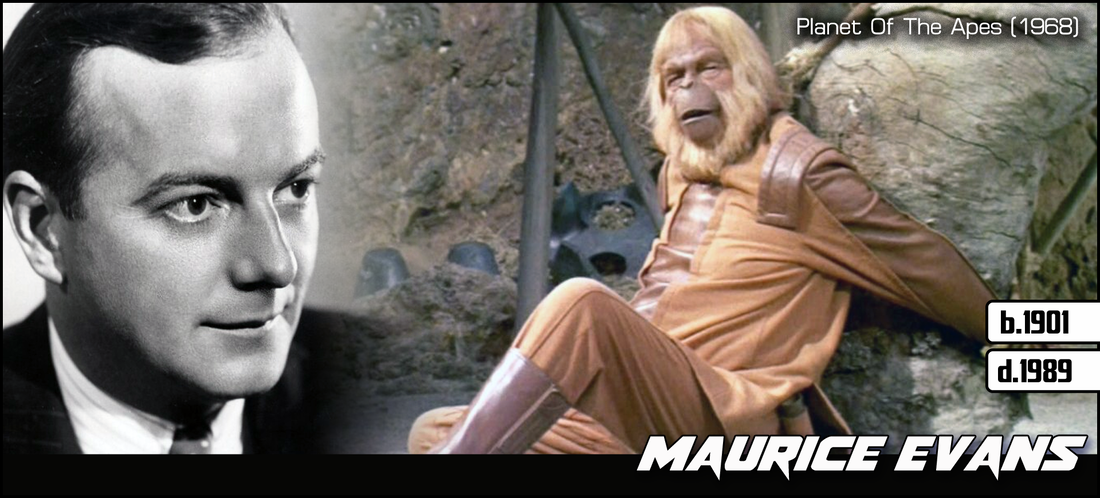

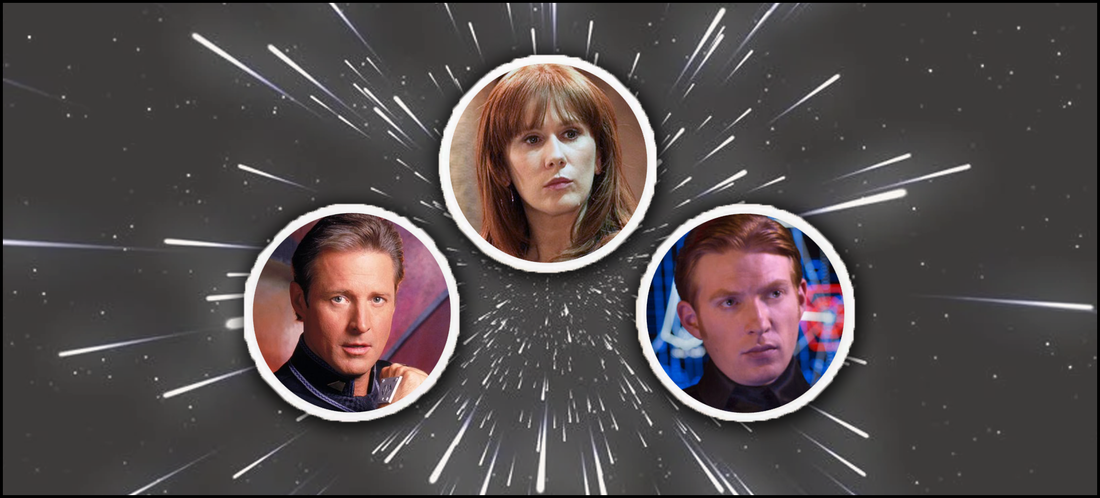
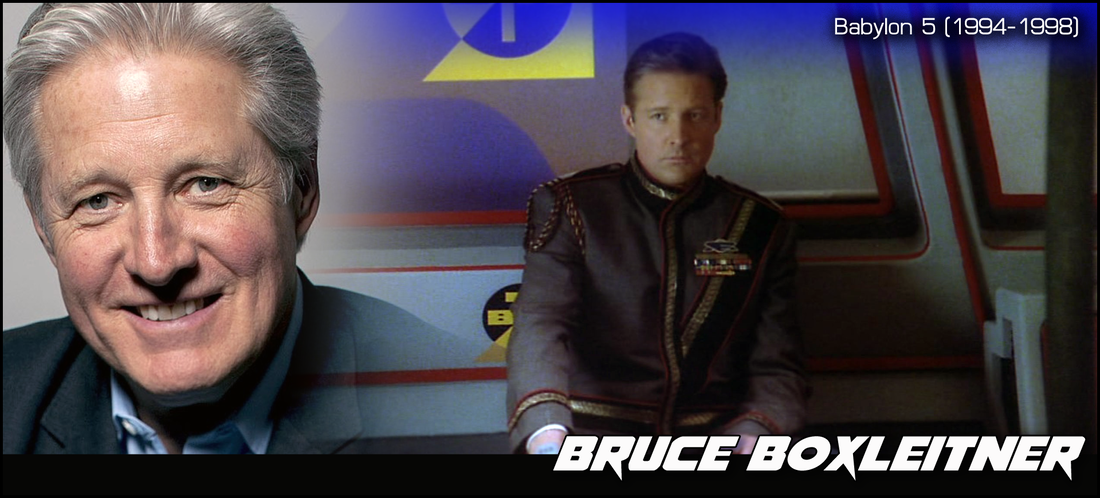
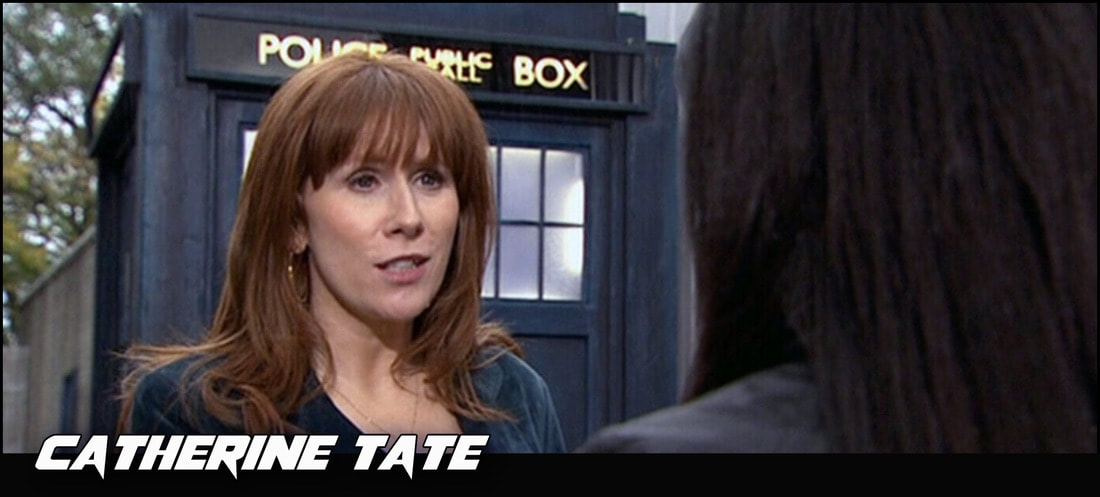
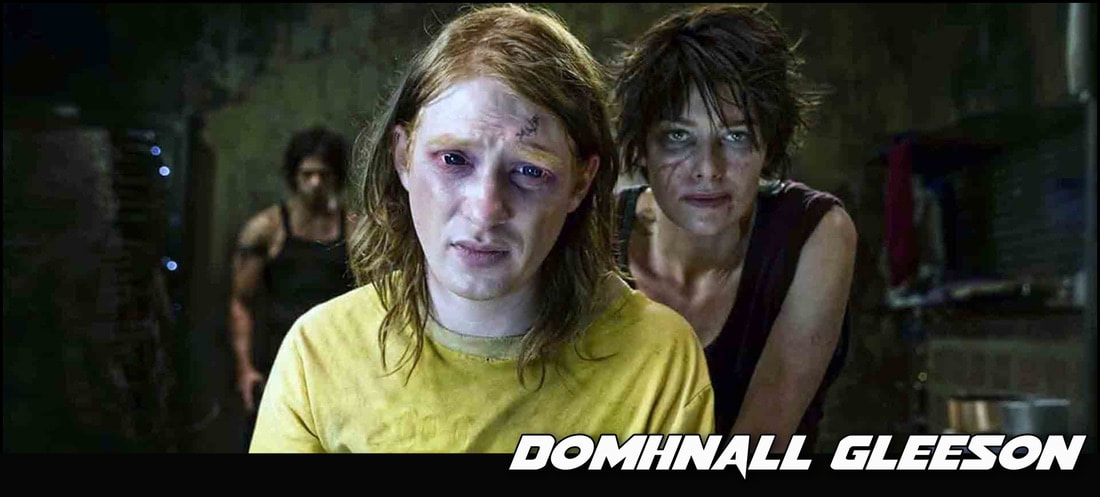
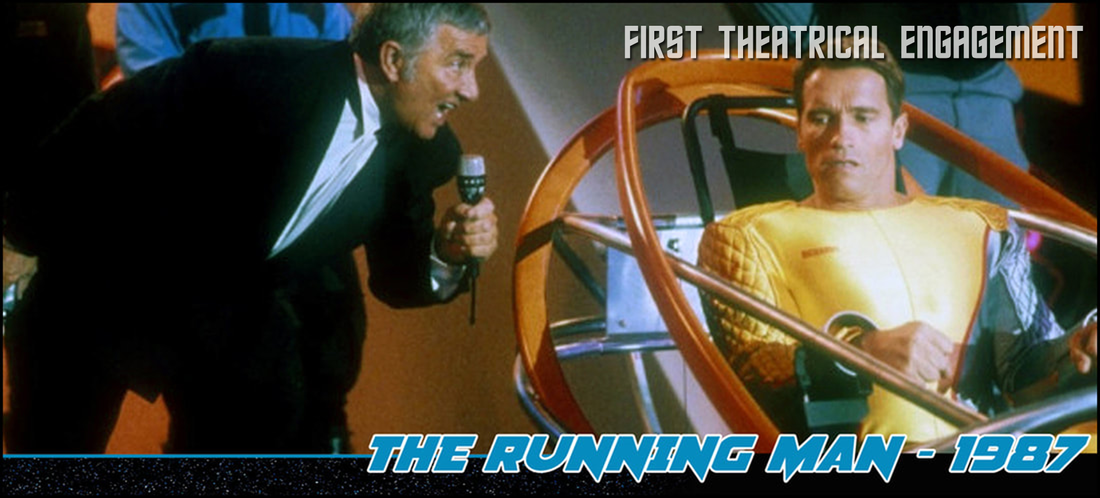
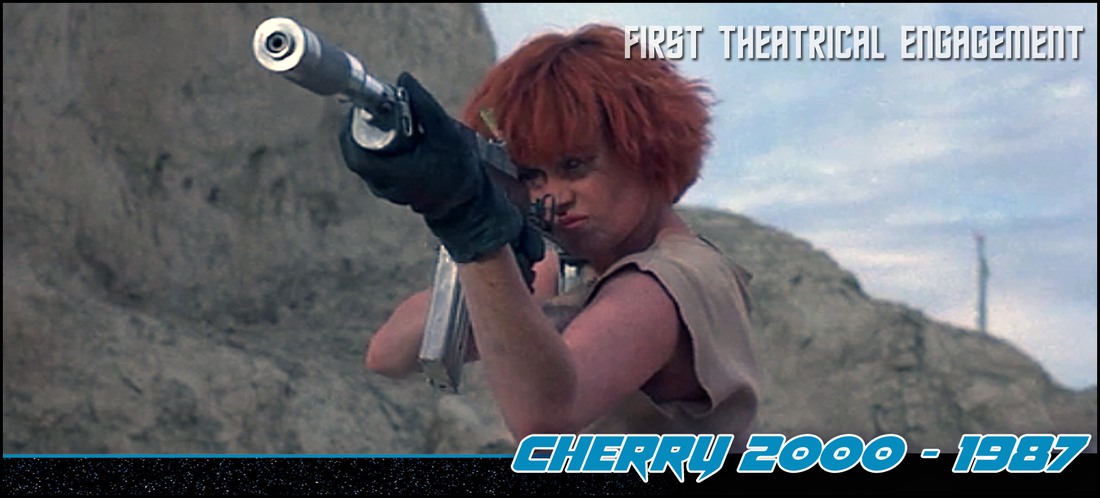


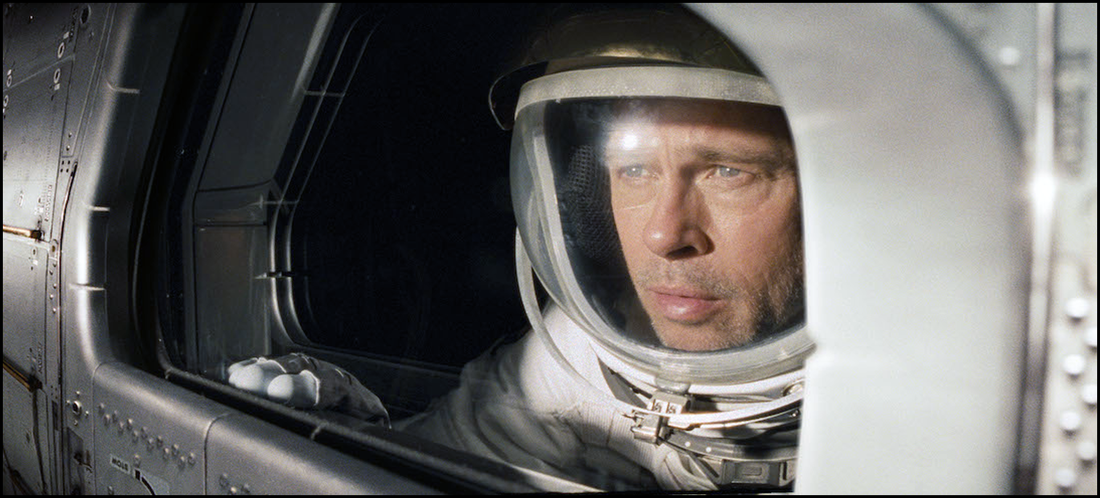
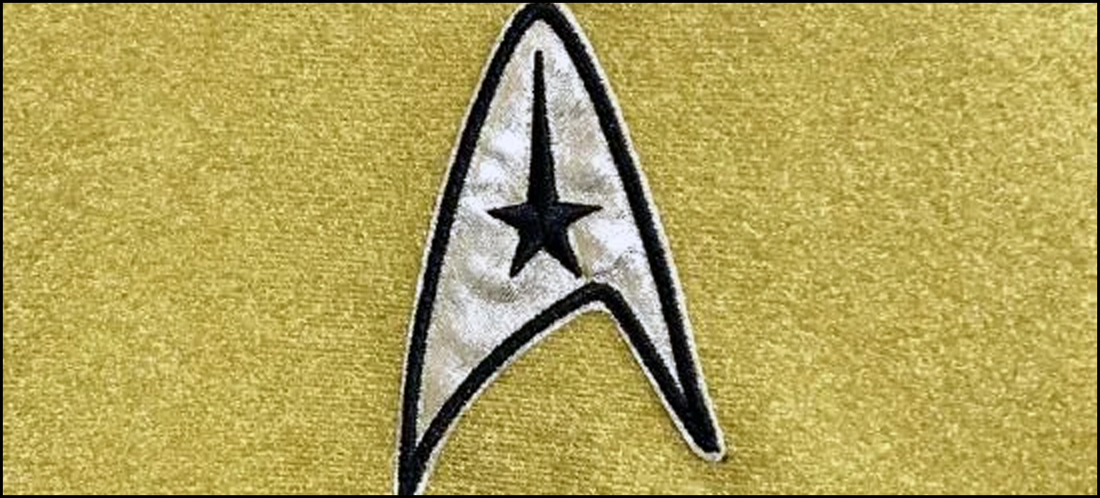
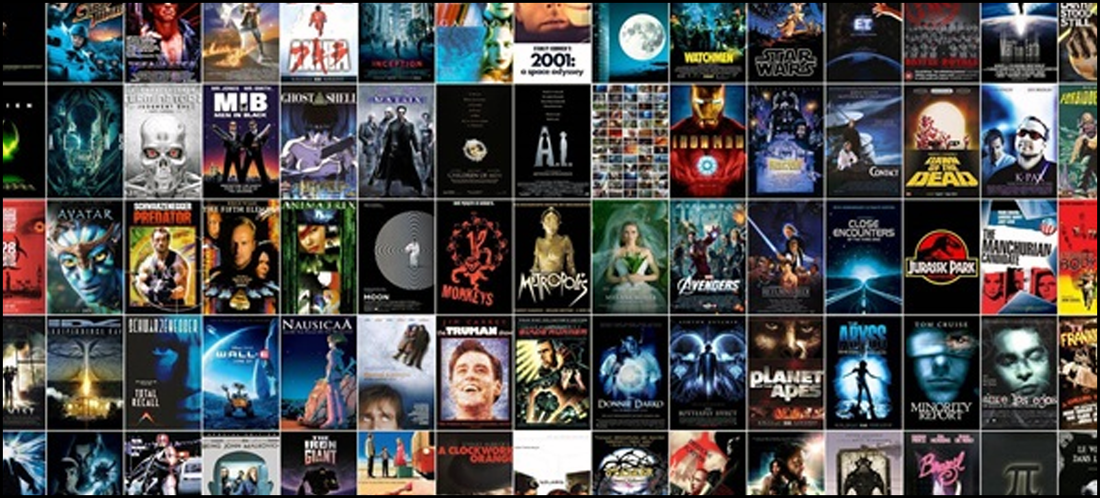
 RSS Feed
RSS Feed